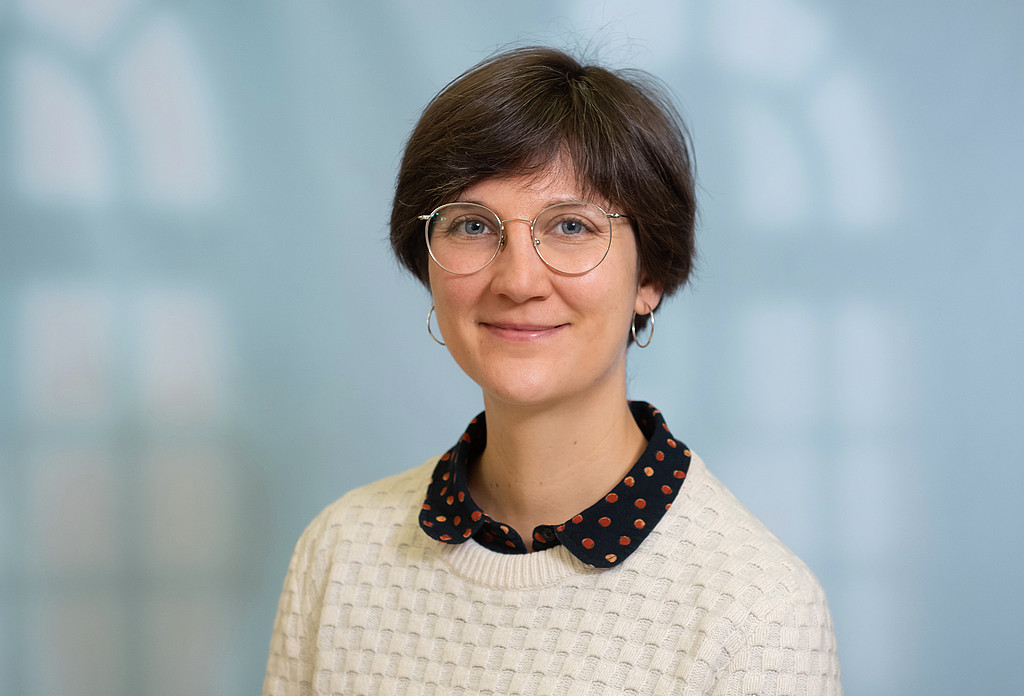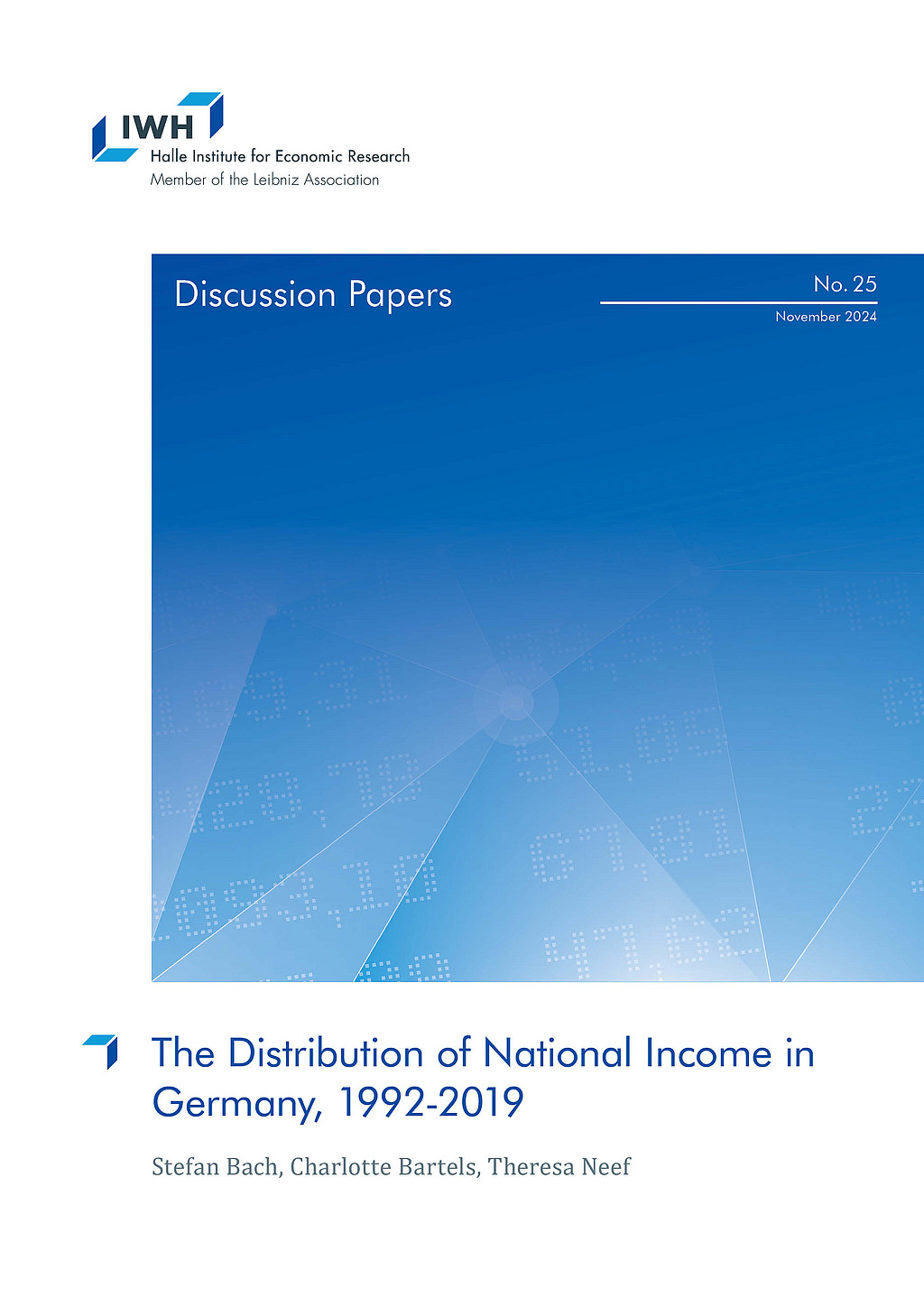Dr. Theresa Neef

Aktuelle Position
seit 9/24
Wissenschaftliche Mitarbeiterin der Abteilung Strukturwandel und Produktivität
Leibniz-Institut für Wirtschaftsforschung Halle (IWH)
Forschungsschwerpunkte
- Ungleichheit
- Verteilung
- Wirtschaftsgeschichte
- Steuerwesen
- Geschlechterfragen
Theresa Neef ist seit September 2024 wissenschaftliche Mitarbeiterin in der Abteilung Strukturwandel und Produktivität und seit Mai 2024 Gender-Koordinatorin des World Inequality Lab an der Paris School of Economics. Sie forscht zu Verteilungsfragen, insbesondere zwischen Einkommensgruppen, Gender und Ost- und Westdeutschen.
Theresa Neef studierte an der Universität Leipzig, der Georg-August-Universität Göttingen und der Freien Universität Berlin, wo sie auch zum Thema Einkommensungleichheit in Deutschland promovierte. Bevor sie zum IWH kam, war sie am World Inequality Lab und EU Tax Observatory an der Paris School of Economics und am DIW Berlin tätig.





